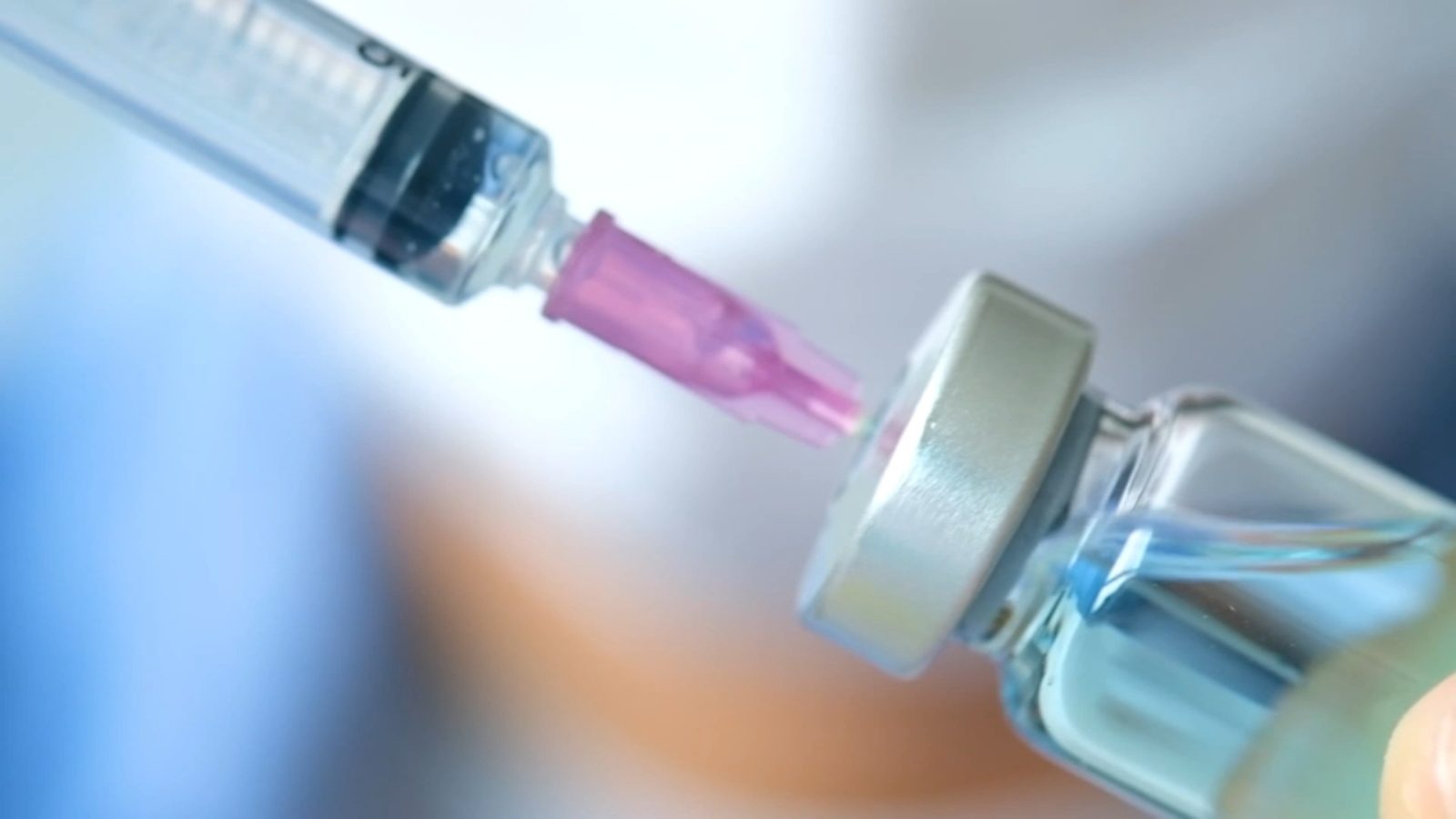As the State of Texas reports its highest Covid caseload since January, at 2,505 new cases today, a new treatment hopes to slow the spread. Created by the Biotechnology company Regeneron Pharmaceuticals, the monoclonal antibody treatment is already being utilized across the country. According to the Orlando Sentinel, 40,000 people have received the treatment in Florida alone. Antibody infusion treatments for cancer are not new and have gone through rigorous testing on safety and effectiveness. Researchers hope the development of antibody treatment for Covid will be beneficial.
Three antibody treatments, casirivimab/imdevimab, bamlanivimab/etesevimab, and sotrovimab have been granted permission to be used by the FDA. Regeneron’s mix of casirivimab and imdevimab is designed to reduce hospitalizations for mild to medium cases and lower the probability of death from the disease. The catch, antibody treatment is most effective the first week someone is infected and lowers drastically with time.
According to the University of Pittsburgh Medical Center, antibody treatments fight cold as follows, “…monoclonal antibodies look for and attach to the spike protein that sticks out of the coronavirus that causes COVID-19. When monoclonal antibodies attach to the spike protein, they can block the virus’s ability to enter cells — and slow down the infection.”
Clinical trials at Baylor University Medical Center have shown antibody treatments lower the risk of severe sickness for people predisposed to illness. People interested in receiving the treatment will have been referred by a doctor to a center offering intravenous infusions. There are infusion centers made specifically for Covid treatment in Dallas and Fort Worth.
As far as effectiveness against different variants, no evidence supports any loss of effectiveness versus delta variant. Side effects from antibody treatments are rare, although some may have mild allergic reactions, usually only in the first instance.






